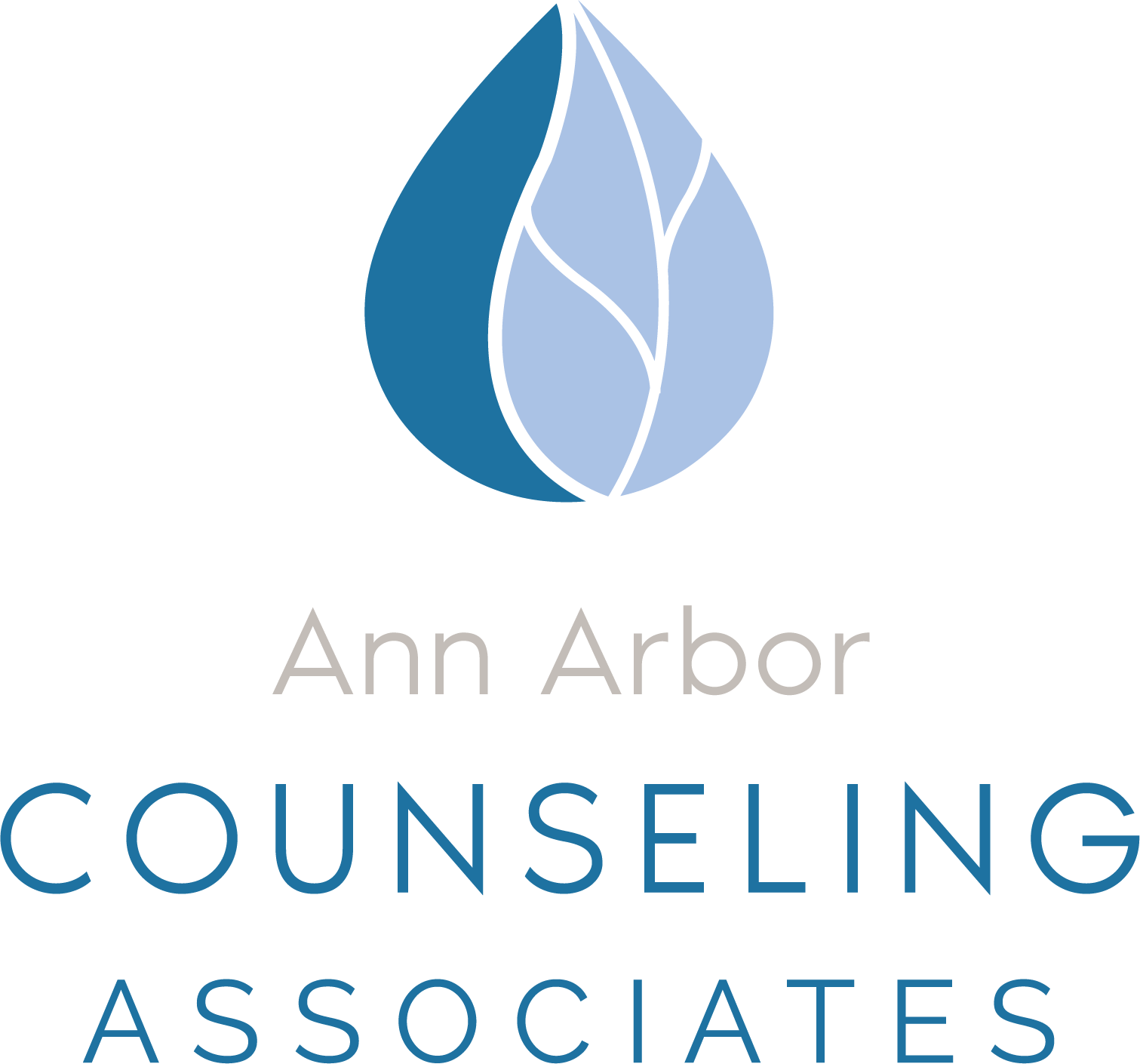Are you in a neurodiverse partnership? A neurodiverse partnership is a relationship in which at least one person is neurodiverse, meaning their brain develops or processes information differently.
All partnerships, whether neurodivergent or neurotypical, experience difficulties at times. We are providing information about common obstacles in neurodiverse relationships, with the hopes of normalizing the difficulties experienced. AACA offers couples therapy including counseling for partners looking to navigate the topics discussed.
Learning and Thinking Differences that Impact Communication in a Relationship

Misinterpretation of Communication
- Have you ever thought “wow they are being mean and bossy for no reason”? Sometimes a person can be perceived as mean or bossy when they are trying to communicate in a direct and clear manner.
Misunderstanding of Subtext
- A person may not understand the underlying meaning that is implied when their partner is using sarcasm, humor, or a broad request.
Differing Interpretations and Methods of Completing Household tasks
- Difficulties in communicating household chores and what completion of those chores looks like.
Difficulty Communicating Sensory Needs
- A person could recoil and appear to be grossed out by their partner’s touch depending on their sensory needs in the moment. These sensory needs are not connected to how much they care for and love their partner.
Obstacles that may occur in Neurodiverse Partnerships
Viewing Symptoms as a Choice
- The viewpoint that symptoms are a choice– can lead to the false perception that someone who is neurodivergent is not putting in “enough effort”. Coping skills and task/time-management strategies are helpful in managing symptoms but it is not realistic to expect symptoms to go away permanently.
Destructive Symptom Response Cycle

- Viewing symptoms as a choice can sometimes lead to a Destructive Symptom Response Cycle. This involves one partner experiencing a symptom, their partner responding to the symptom, and the person experiencing symptoms responding to their partner’s response. (Check out the graphic below for an example)
Expectations derived from our own Experiences
- As humans we tend to conceptualize other people’s behaviors and motives based on our own experiences, and how our brain works. However, other people are not you–they do not know what you are expecting without clear and direct communication.
- Do not expect a person to be you. When another person’s expectations are placed on someone who isn’t them, it can result in that person feeling guilty and bad about themselves.
Variable Attention
- This may look like excitement and interest during courtship and dating. Yet, when the relationship is no longer new, their attention shifts and their partner experiences that shift as well. This change in attention can be misinterpreted as a lack of caring or decrease in romantic interest.
If you and your partner are looking to navigate through any of the difficulties mentioned above–Contact AACA to schedule a Couples Counseling Appointment
Resources:
Collaboration with Clinicians at AACA–Check out Our Therapists page to learn more about our therapists clinical backgrounds
ADHD and Marriage
Neurodivergent: What It Is, Symptoms & Types
Neurodiversity – NCCJ
The ADHD Effect on Marriage: Understand and Rebuild Your Relationship in Six Steps Paperback – September 1, 2010
Two Different Brains in Love: Conflict Resolution in Neurodiverse Relationships.
Understood.org






